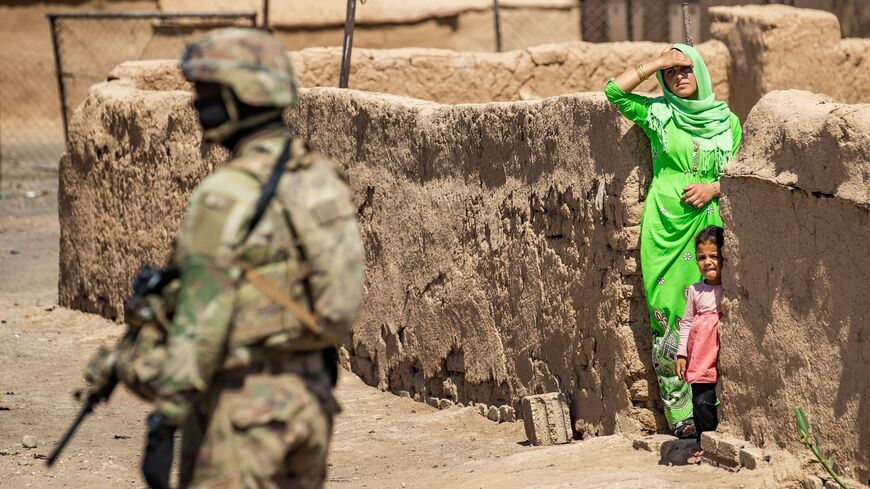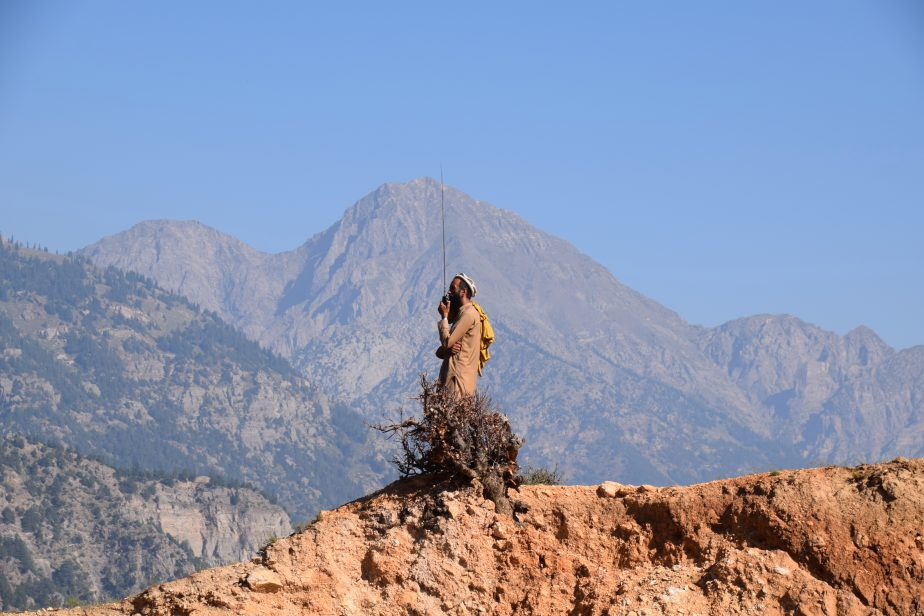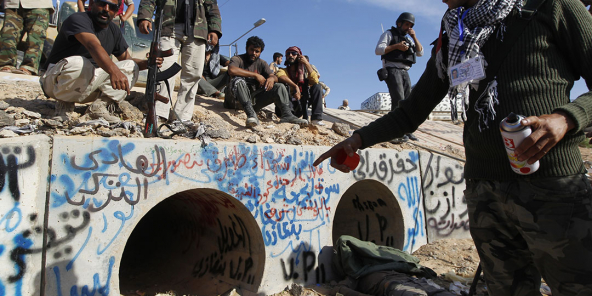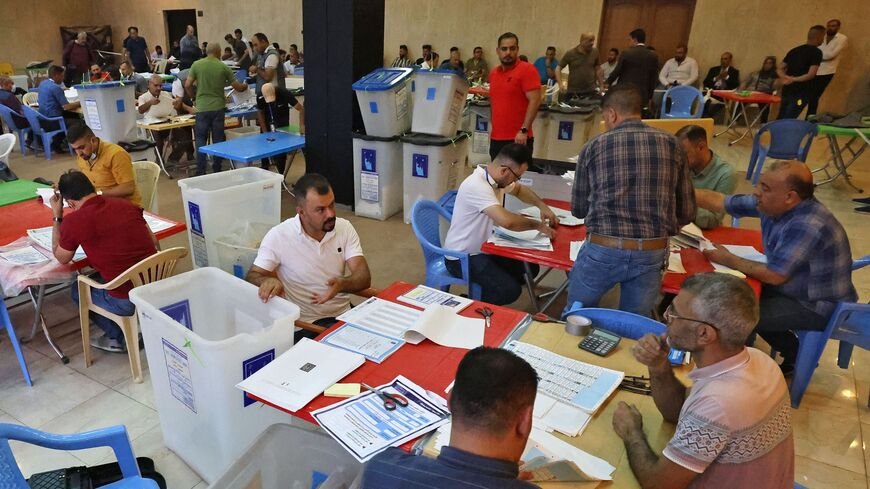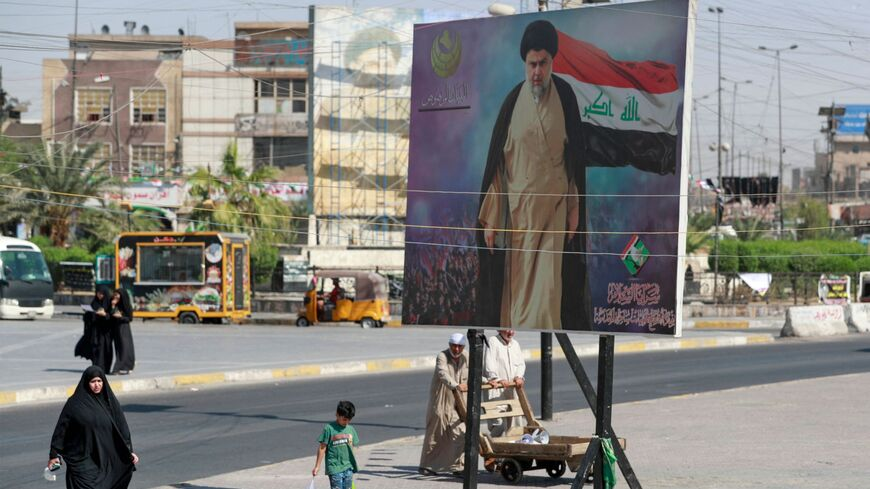Northeast Syria thanks Catalan Parliament for recognition
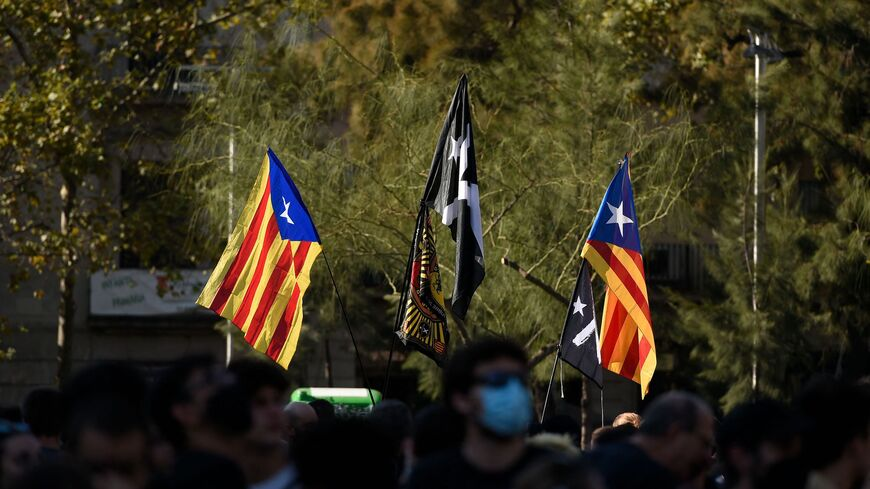
There has long been a degree of solidarity between supporters of Kurdish autonomy and Catalan nationalists.
Kurdish-led authorities in northeast Syria thanked the Catalan Parliament Thursday for recognizing their autonomy.
“We offer sincere thanks to the friends in the Catalonia region and reaffirm our appreciation for their historical position,” the Autonomous Administration of North and East Syria said in a press release.

